Even some generous polling analysis shows Ardern in deep trouble. Certainly, the days of majority government will be over.
At New Zealand’s general election in 2020 during a long nationwide lockdown, Arden and Labour were re-elected in a landslide, formed a majority in the parliament and the party’s vote nudged over 50 per cent, the first time any political party had been able to do so in more than 70 years.
She was seen as unassailable, a breath of fresh air in an otherwise fetid body politic. Now it is Arden who is on the nose.
The lesson is that in politics triumph is transient. The good times roll and then quickly roll away.
Oddly, the issues that could lead to Arden’s downfall next year are the same ones that led to the stunning 2020 victory. What was then perceived as safety-first pandemic management is now seen as a case of government overreach.
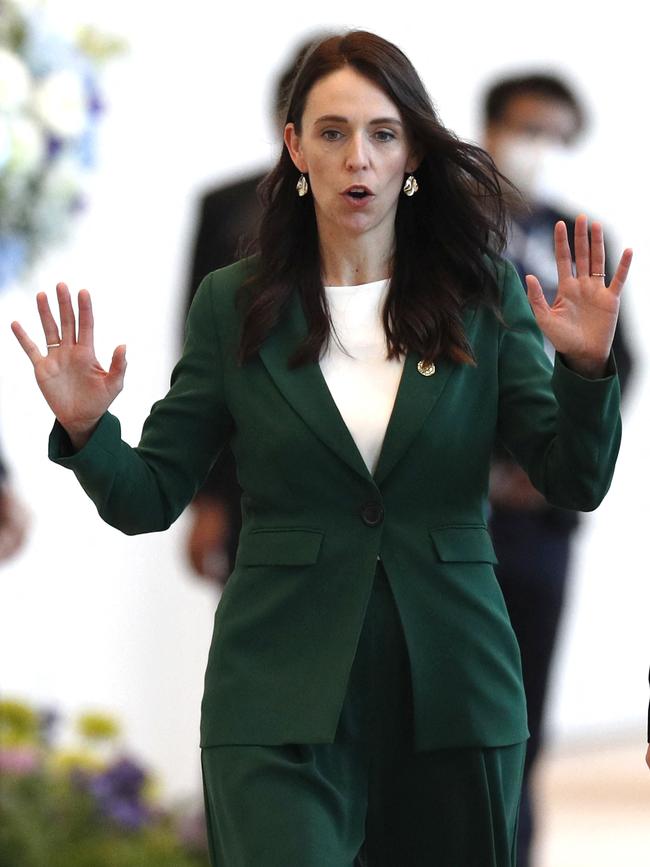
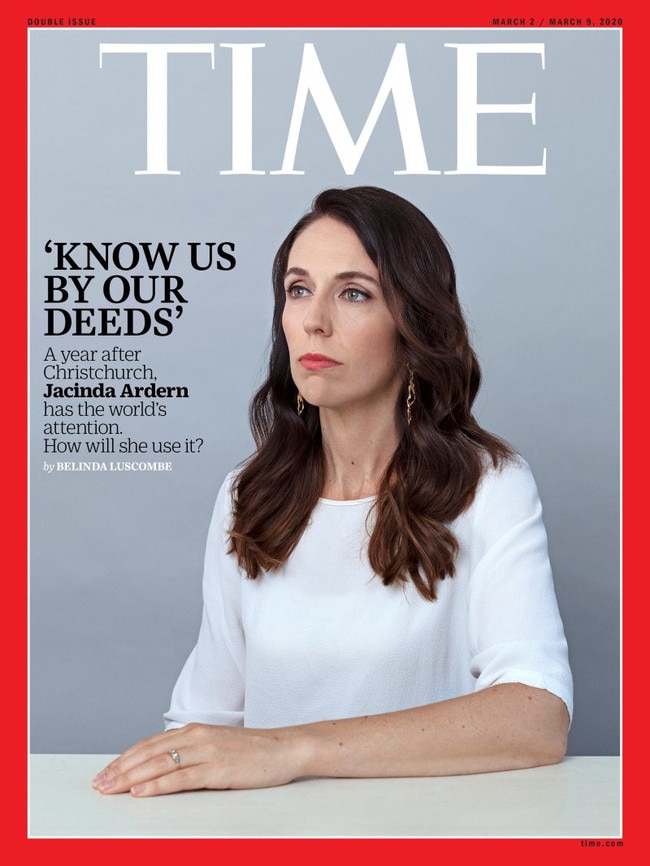
Readers might recall the establishment of a travel bubble between Australia and New Zealand during the pandemic which was quickly shut down by the Ardern government after Covid community infections in the ACT got to mere cricket team numbers. We were seen as diseased and dangerous, the feral cats coming to monster NZ’s kakapo. It was typical of the quixotic, decision making on-the-run style of the NZ PM.
Ardern has had her fair share of political scandal, too, the latest after a Labour MP, Dr Gaurav Sharma, accused the party’s senior parliamentary members of bullying. Rather than deal with the accusations, Ardern yanked Sharma’s party membership and dispatched him to the crossbenches.
But as with politics everywhere, New Zealand’s sputtering economy is bound to be the most powerful voting determinant.
Inflation is at 7.1 per cent in the Shaky Isles, government debt is running at 30 per cent of national GDP and economic forecasts for 2023 and 2024 reveal a fishnet stockings and high heels flirtation with recession.
On Monday, the New Zealand Supreme Court ruled that 16- and 17-year-old New Zealanders should be entitled to vote. Specifically, New Zealand’s highest court ruled that the failure to provide a right to vote to 16- and 17-year-olds was inconsistent with the country’s Bill of Rights. The argument went that teens could legally drive a car at 16, work and pay taxes and therefore should be permitted to cast a ballot. No taxation without representation.
The highest court in the land cannot change New Zealand’s electoral laws and referred its ruling to the parliament for consideration. Both Labour and the Greens would have been smacking their lips at the prospect of a new, albeit small demographic tilting progressive at the ballot box but Ardern does not have the numbers to make it happen.
Predictably, the opposition does not approve. “It’s not something we support,” National Party Leader Christopher Luxon told reporters. “Ultimately, you’ve got to draw the line somewhere, and we’re comfortable with the line being 18.”
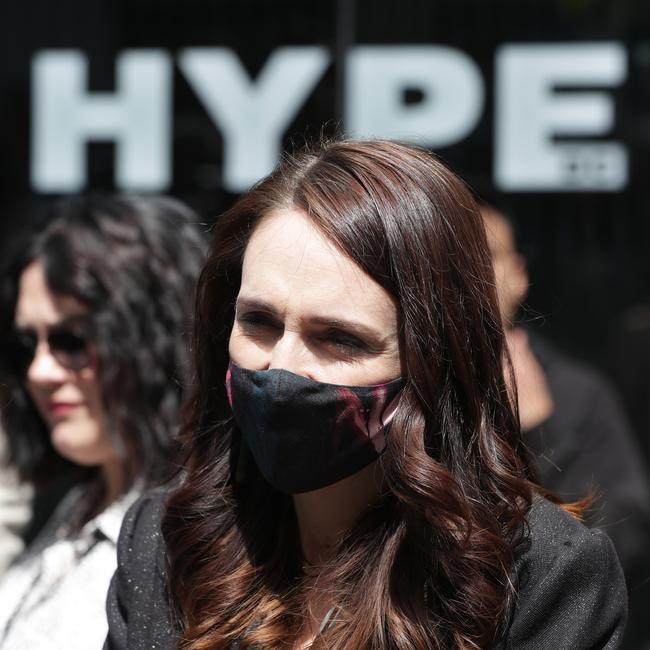
The conservative minor party, ACT, is also opposed to letting the kids have a vote.
The two parties hold 43 seats in the 120-seat parliament.
New Zealand has an uncodified constitution. There is no single constitution, rather a series of laws and documents including the Treaty of Waitangi. The Bill of Rights is just one more. In place now for 30 years, New Zealand’s Bill of Rights cannot be altered or amended without a super majority, in this case 75 per cent of the parliament voting for change.
That means that nothing happens; no changes, no amendments, no tidying up bad black letter law.
The lesson here is that bills of rights wherever they land quickly degenerate into unsatisfactory stalemates, driven by legal challenges. Not so much a lawyer’s picnic, more an all-you-can-eat lawyer’s smorgasbord.
In further bad news for Ardern, leader of the centre-right NZ First Party, Winston Peters, who had formed a coalition government with Ardern and Labour after the 2017 election, pronounced that he would never again join up with Labour and gave the government a verbal slap while he was at it.
“Lying to their coalition partner and going back on their word is the reason we will not go back into government with them ... nobody lies to me and gets a second chance,” he said.
Peters is trying to drum up support for his failed party. After being dispatched to political oblivion in the 2020 election, NZ First had to deal with a scandal that rocked the party to its core. Two members of the party were accused of fraudulently misappropriating funds. Those two members were acquitted in court earlier this year and, by order of the court, cannot be named now or ever. But while New Zealand’s Major Fraud Squad investigated, other party members came forward to claim Peters knew that political donations were being misused.
Across the ditch, the 78-year-old former Deputy Prime Minister’s pronouncement barely rated news. Peters is no longer a member of parliament being one of the nine NZ First’s parliamentarians sent packing in the 2020 election.
On early polling, NZ First might not trouble the scorers at the next election either. The party is up from 2.5 per cent of the vote in 2020 to just 3.5 per cent now. But that’s not really the point. In the numbers game of politics that is another three and a half per cent of voters that Ardern knows she cannot count on.
Ardern is being made keenly aware of the laws of political gravity. What goes up, must come down.
New Zealand’s general election is due no later than January 13, 2024 but in all probability will run in the latter half of 2023.


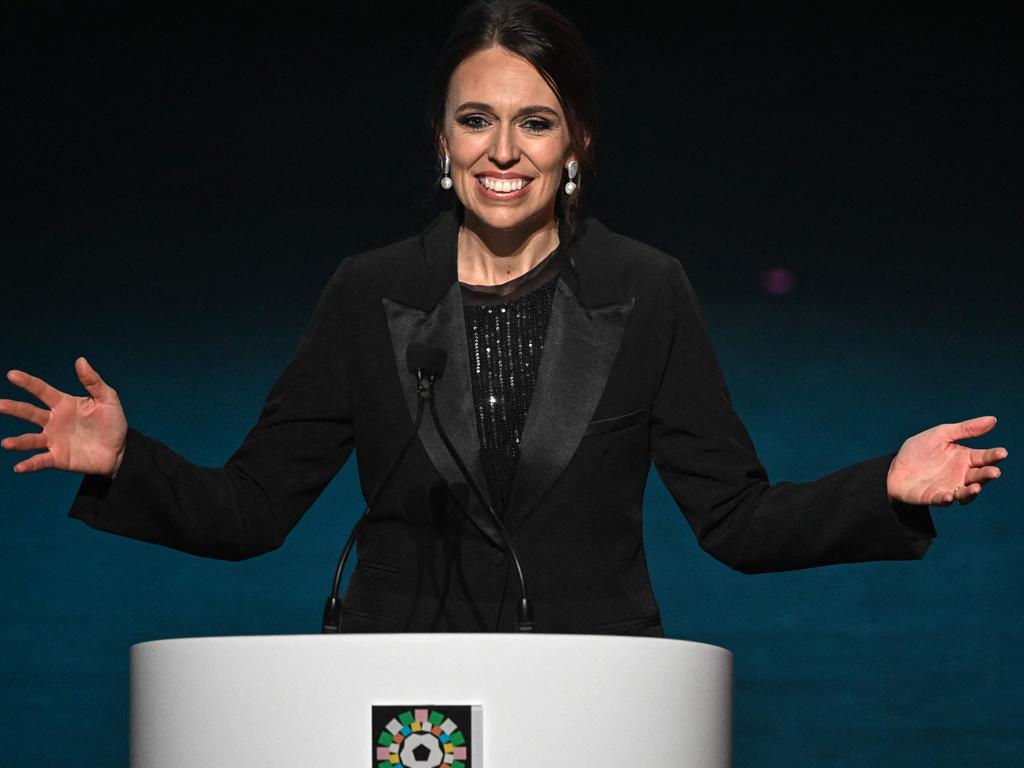
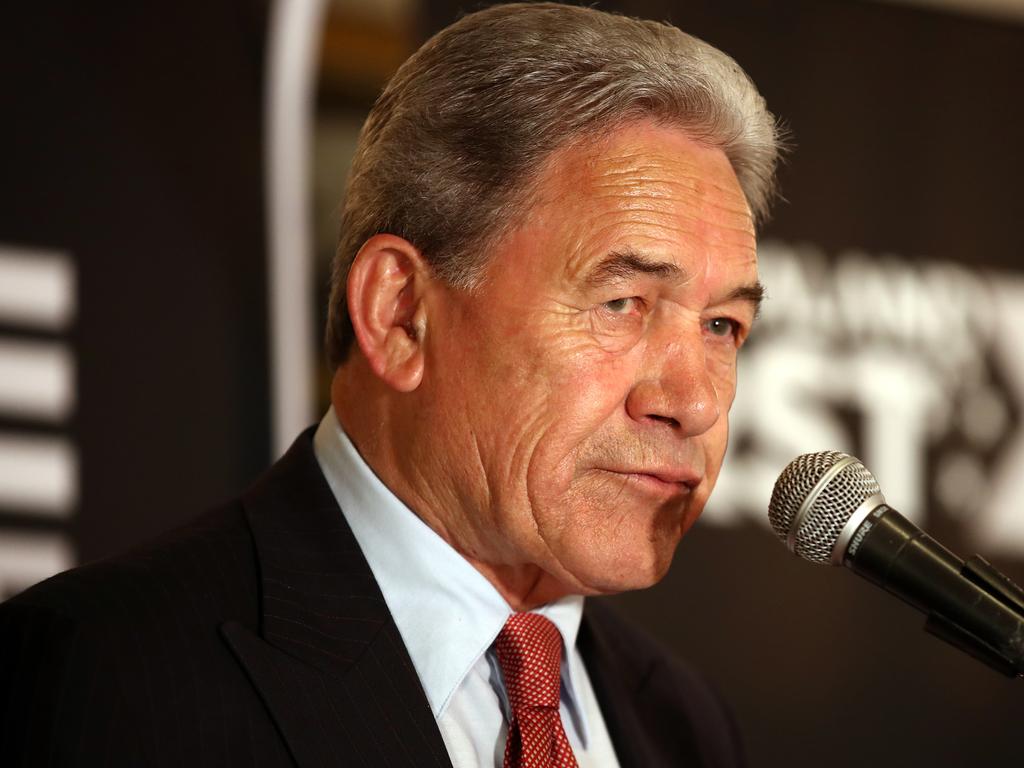

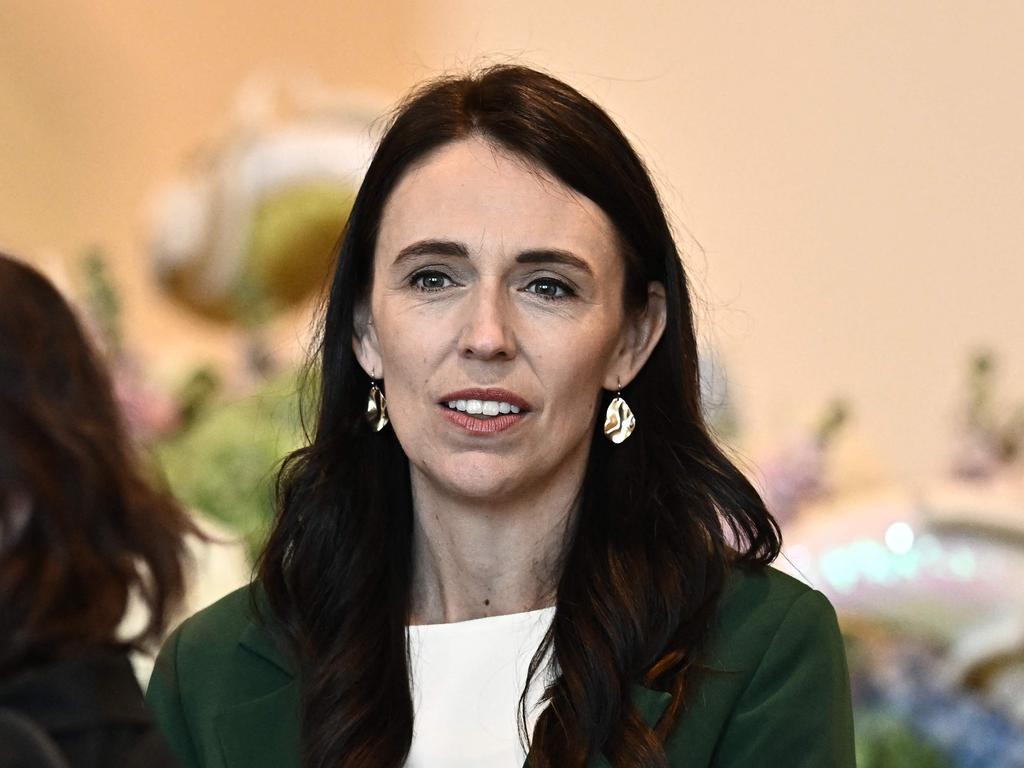


The deaths of governments and political leadership first strike the olfactory senses. You can smell the fall before you can see it. And that is where we are with Jacinda Ardern and her Labour government in New Zealand with an election due next year.